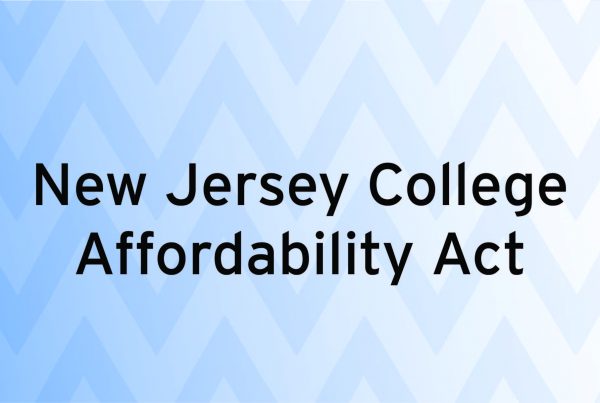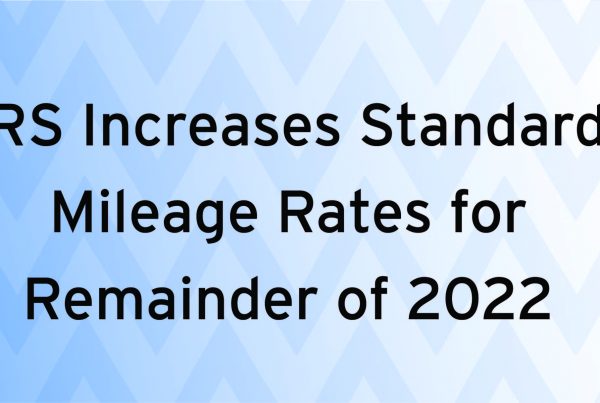In recent years, environmental, social and governance (ESG) issues have become a hot topic. Many companies voluntarily include so-called “sustainability disclosures” about these issues in their financial statements. But should the Securities and Exchange Commission (SEC) make these disclosures mandatory and more consistent?
Identifying ESG issues
The term “sustainability” refers to anything that helps your company sustain itself — its people, its profits — into the future. A variety of nonfinancial issues fall under the ESG umbrella, including:
- Pollution and carbon emissions,
- Union relations,
- Political spending,
- Tax strategies,
- Employee training and education programs,
- Diversity practices,
- Health and safety matters, and
- Human rights policies.
There’s often a link between ESG issues and financial performance. For example, regulatory violations can lead to fines, remedial costs and reputational damage. And the sale of toxic or unsafe products can result in product liability lawsuits, recalls and boycotts.
On the flipside, identifying and successfully navigating ESG issues can add value by building trust with stakeholders, providing improved access to capital and lower borrowing costs, and enhancing loyalty with customers and employees. Tracking sustainability also helps companies identify ways to reduce their energy consumption, streamline their supply chains, eliminate waste and operate more efficiently.
Studying the costs of mandatory disclosures
Currently, most sustainability disclosures are made voluntarily. The Securities and Exchange Commission (SEC) does require companies to describe the effects of climate change under Release No. 33-9106, Commission Guidance Regarding Disclosure Related to Climate Change. Unfortunately, these disclosures have been criticized by investors for being too general and not useful.
Recently, Sen. Mark Warner (D-VA) asked the Government Accountability Office (GAO) — an independent, nonpartisan U.S. government watchdog agency — to study the costs of requiring public companies to make ESG disclosures. His letter to the GAO references a 2015 survey, which found that 73% of institutional investors take ESG issues into consideration when they’re evaluating investment or voting decisions and managing investment risks.
Specifically, Warner asked the GAO to:
- Analyze the effect of revising U.S. Generally Accepted Accounting Principles (GAAP) to account for ESG issues,
- Evaluate the extent to which 1) companies address ESG issues in their disclosures, and 2) investors seek ESG disclosures and why,
- Identify possible regulatory and nonregulatory actions that could improve and standardize ESG disclosures, and
- Compare U.S. and foreign ESG disclosure regimes.
A major downside to today’s disclosures is inconsistency. Warner would like the GAO to explore ways to help investors “understand the likelihood of ESG risks and cut through boilerplate disclosure.”
Not everyone wants the GAO to proceed with the study, however. Some business groups, including the U.S. Chamber of Commerce and Business Roundtable, believe the SEC should focus on providing material information to investors and not cater to what they call “special interest groups.”
Sustainability audits
It’s uncertain whether ESG disclosures will become mandatory, but many companies already share information about green business practices, diversity programs, fraud prevention policies and other ESG issues. These disclosures can help add long-term value and improve relationships with stakeholders. Contact us for help preparing or auditing an independent, integrated sustainability report for 2018.
© 2018





